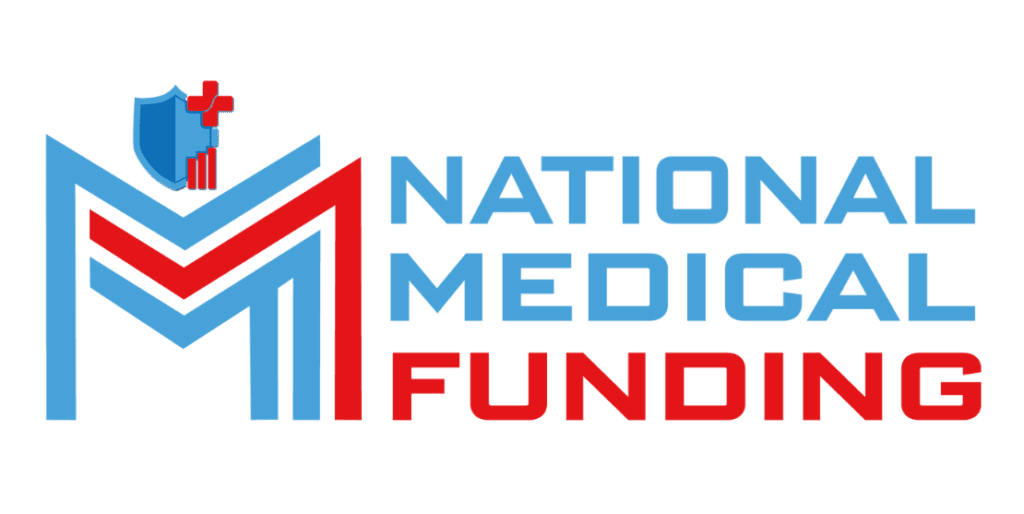
Hardship Loans for Healthcare Workers: Financ
Are you a healthcare worker facing unexpected financial...

Saturday and Sunday – CLOSED
support@nationalmedicalfunding.com



Denied insurance claims remain a major challenge for healthcare providers, especially hospitals that rely on timely reimbursements to cover operational costs. But as the healthcare landscape evolves in 2025, hospitals are no longer letting denied claims become dead ends. Instead, forward-thinking healthcare facilities are transforming these denials into cash flow opportunities that help support growth, improve care, and ensure long-term sustainability.
This blog dives into how hospitals can restructure their claims process, secure financial support, and leverage smart funding strategies to turn challenges into opportunities.
It’s time to shift the mindset. Denied claims are not permanent losses — they are recoverable revenue. Many hospitals tend to move on after a denial, especially when overworked billing teams are focused on new claims. But when ignored, these denied claims can add up to significant financial leakage.
By implementing a structured claims management process, hospitals can recapture revenue through:
Taking these steps ensures hospitals treat denied claims not as a sunk cost but as income that simply hasn’t arrived — yet.
Recommended Read: The Rise of Mental Wellness Clinics: How Financing Supports Expansion
One of the top reasons claims go unresolved is a lack of visibility. Hospitals often operate with outdated systems that don’t allow for real-time claim tracking. When administrators and billing departments are unsure of claim status, it’s difficult to prioritize follow-ups effectively.
Improved claim visibility enables hospitals to:
The result? Less revenue stuck in limbo, more cash flowing into operations.
Explore More: Secure Finance Options for Healthcare Providers: Choosing Stability in Uncertain Times

Denied claims often lead to unpredictable cash flow, making it difficult to pay staff, order supplies, or expand services. That’s where a healthcare loan becomes an essential financial tool. Hospitals can access funds without waiting months for insurance companies to approve and pay.
Benefits of healthcare loans include:
By giving hospitals room to manage the claims cycle without sacrificing care quality, healthcare loans improve both patient outcomes and financial stability.
Also Read: Your Easy Guide to Healthcare Lending
Claim denials don’t just signal a missed payment—they reveal patterns. By analyzing which claims are denied and why, hospitals can refine internal processes to prevent future denials.
This analytical approach allows administrators to:
Understanding these trends turns reactive financial management into proactive planning.
Innovate More: Beyond the Loan: Creative Financing Strategies Fueling Medical Innovations in 2025
Delayed reimbursements often prevent hospitals from investing in much-needed equipment upgrades. With healthcare equipment financing, facilities can obtain the medical tools they need today and repay over time without waiting for insurance checks to come in.
Use cases for equipment financing include:
Rather than compromising patient care or delaying critical purchases, hospitals can use tailored financing to modernize their infrastructure and remain competitive.
Combining an active denial management strategy with flexible healthcare lending options creates a resilient financial model. While claim appeals are in process, healthcare loans or lines of credit ensure that revenue continues to flow.
This approach helps healthcare leaders:
When hospitals are no longer at the mercy of insurance cycles, they gain the ability to take control of their financial destiny.
Long-term financial health doesn’t come from fixing one denial—it comes from preventing hundreds. Hospitals that focus on denial prevention create an ecosystem that protects cash flow from the inside out.
Key strategies include:
Each step reduces future denials and increases payment velocity.
Accountability is essential. By assigning denial metrics to billing teams, departments can work toward collective financial goals. Examples of KPIs include:
These KPIs create a culture of transparency and performance across finance and administration teams.
Denied claims don’t have to drain your hospital’s resources. With a strategic approach that includes improved visibility, robust analytics, and targeted financial tools such as healthcare loans and healthcare equipment financing, hospitals can transform denied claims into real revenue.
Whether you’re looking to stabilize your current cash flow or fund future growth, National Medical Funding is here to help.
Looking to unlock the cash trapped in denied claims? Let’s talk about your hospital’s goals and find a funding strategy that works for you.
Are you a healthcare worker facing unexpected financial...
Running a medical practice requires advanced equipment ...

Fuel your medical practice’s growth with financial solutions tailored to your needs. We’re here to support independent practitioners and group practices with strategies built for success.


Mon Fri: 8:00am – 6:00pm
Saturday: Closed
Sunday: Closed
Copyright © 2025 National Medical Funding